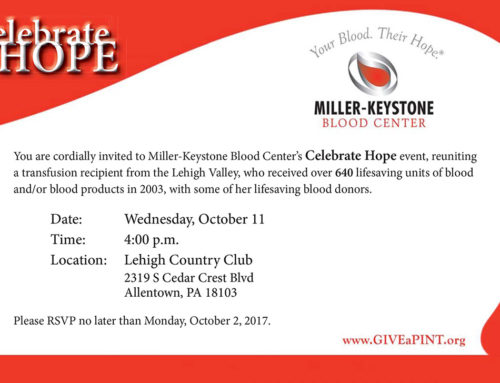 Death & Dying Cemetery Walking Tour
Death & Dying Cemetery Walking Tour
Visit Bethlehem’s “First Cemetery” dating back to 1742 by Bethlehem’s Founder
Presented by
Historic Bethlehem Museums & Sites
The days are shorter, the afternoons are darker, and everything seems just a little quieter. Historic Bethlehem Museums & Sites invites you to experience the eeriness of the fall season on the Death & Dying cemetery tour. Start your walk in the oldest building in town, Bethlehem’s 1741 Gemeinhaus, the place where our earliest settlers lived, and discover the Moravians’ forward thinking approach to healthcare, including exercise, moderation in diet, and isolation of the sick (before there was even knowledge of germs!)
View gorgeous pieces of commemorative and mourning artifacts on display in the Gemeinhaus. These pieces were a traditional way people honored the passing of loved ones, beginning in the 17th century. One of the pieces on display will include silk embroidery on silk with an ink filling created by a young girl in memory of her parents.
After learning about the Moravian’s unique communal way of life, and hearing music the Trombone Choir played to announce a death, walk out the building past an original 18th century dead tray, a slab where early settlers’ bodies once laid in wait for burial. The Death & Dying tour is the only cemetery tour in Bethlehem to take guests through the Gemeinhaus, a National Historic Landmark, and past a dead tray.
Cut through the church greens and by the Old Chapel to witness the place where one of the Corpse Houses once stood, housing bodies while the caretaker waited for warmer weather to break ground. Finish the tour in God’s Acre, Bethlehem’s oldest cemetery, and hear the stories of the men and women who once lived in the town.
Walk the grounds and learn about the unique layout of the cemetery where Moravians, American Indians, and African Americans were buried side-by-side, infants buried next to infants, and husbands buried separately from wives. Hear the impressive account of one woman’s burial services and the heart-breaking story of Dr. John Otto who lost his daughter to small pox, just 13 years before he created a vaccine. Learn what it means to be buried in Stranger’s Row, and discover community patterns mimicked in the burial plots. Ex: One row in God’s Acre is primarily American Indians because of a smallpox outbreak that swept through a local village.
The unique way Moravians buried their dead often proves to be one of the most interesting aspects of the tour, according to Historic Bethlehem’s guests. Sue Kovah Shuman, travel writer for Washington Post raved about the tour “I’d come to Bethlehem to bring the dead to life, and I wasn’t disappointed.”
NEW in 2014 Due to the popularity of the tour the offerings have been expanded. Tours are now offered Thursday through Sundays promptly at 4pm and 5:30pm ending on November 2. Tickets are available online at www.HistoricBethlehem.org , the Moravian Museum of Bethlehem, or at the Visitor Center at 505 Main Street, 1-800-360-TOUR. Tickets are $12 for adults, $6 for children ages 6-12. Purchase your walking tour admission in conjunction with the Pass Into History and save $2 per ticket purchased. The Pass Into History starts at $12 and provides guided tours at all of our historic sites. All Death & Dying tours leave from inside the Moravian Museum of Bethlehem Gemeinhaus, located at 66 West Church Street, behind the Central Moravian Church.
Historic Bethlehem Museums & Sites is a not-for-profit institution that brings to life three centuries of American history. Historic Bethlehem tells the story of a small town of great influence, home to some of our nation’s earliest settlers, to America’s first municipal water pumping system, and to one of the world’s greatest industrial companies. Historic Bethlehem is located in eastern Pennsylvania, only a 1.5 hour drive from Philadelphia to the North and 2 hours west of New York City. Historic Bethlehem is an Affiliate of the Smithsonian Institution and a National Historic Landmark District. For more information please call 1-800-360-TOUR or visit www.HistoricBethlehem.org.


Leave A Comment